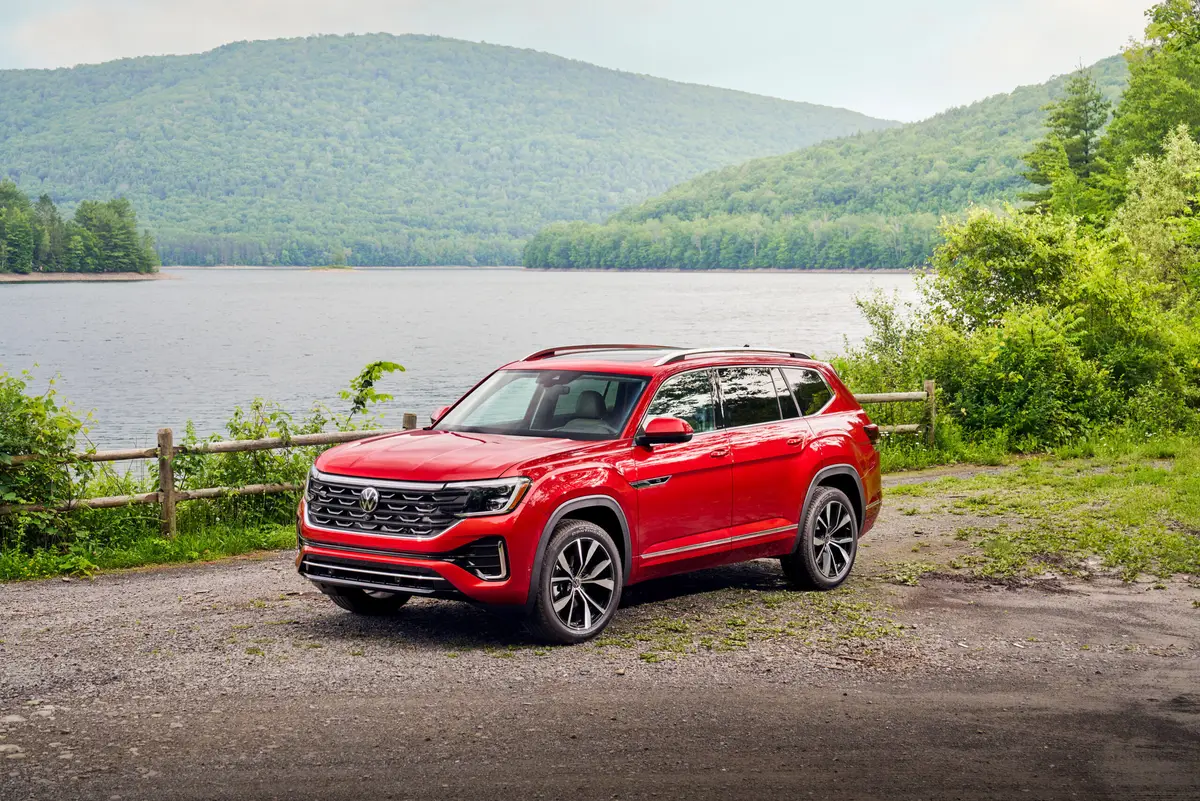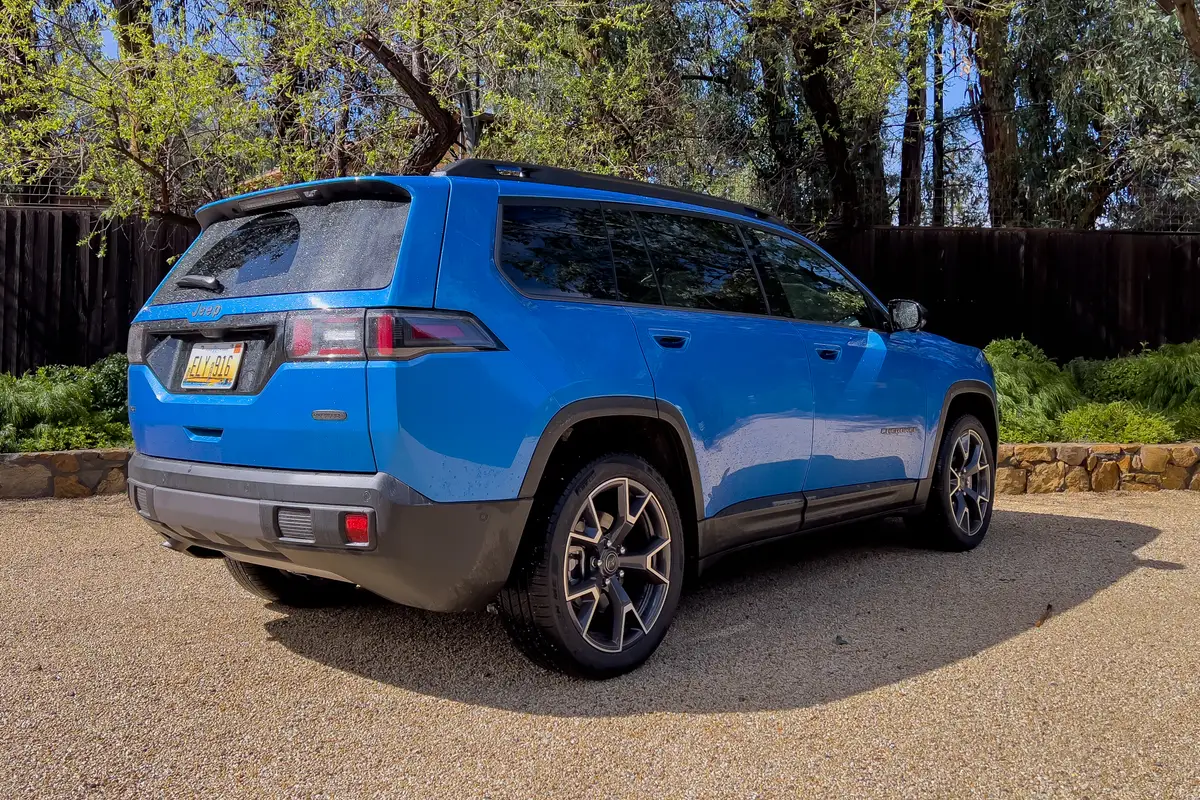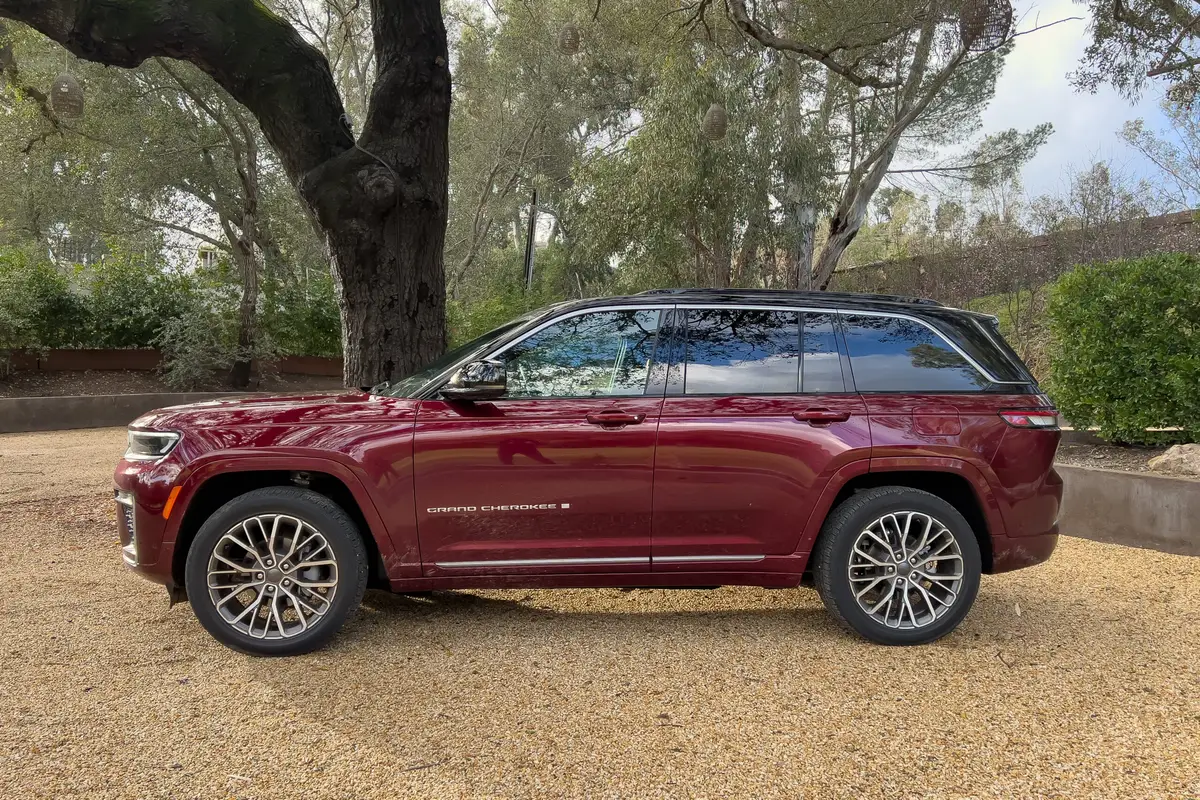chicagotribune.com's view
Ford Motor Co., has a solution for those who like the Taurus and Lincoln MKS but would be happier if the sedans could motor from the light at full speed.
For 2009, Taurus offered a 3.5-liter, 263-horsepower V-6; MKS a 3.7-liter, 273-hp V-6. Peppy but not potent. While bringing those V-6s back for 2010, Ford also adopted an EcoBoost strategy, adding twin turbos to each for V-6 mileage — 17 city/25 highway — and V-8 muscle. It translates to a more than a 100-hp increase, to 365, when needed.
Taurus with EcoBoost is called SHO, reviving a performance designation last used in 1999. MKS gets no special name, just a red “S” and the EcoBoost to win over those who like the spacious cabin and trunk but felt shortchanged by the anemic V-6.
With EcoBoost, cruise and conserve fuel until you need to pass, climb or merge, and then twin turbos provide a jolt.
Both EcoBoost sedans offer a 6-speed automatic with manual mode paddle shifting, along with push-button start and such novelties as a capless gas filler; MyKey, which can limit top speed to 80 mph; and adaptive cruise control, which applies brakes to keep a safe distance from the car ahead.
But the engine upgrade is what matters. We tested the pre-EcoBoost 2010 Taurus and MKS (Rides, Aug. 2). SHO badges and the red S, along with spoilers, set them apart from regular models visually. A tap of the pedal does so mechanically. EcoBoost gives both a little swagger to go with the 365 hp.
Traditionally, a turbo takes a short pause before going to work. In EcoBoost, the lag is barely perceptible. Several power launches found only a wisp of lag, not the traditional “one Mississippi” delay.
In both, EcoBoost is quick to respond. Snappy acceleration. Merge, pass or play on desolate stretches of winding roads with a newfound liveliness.
Non-slip perforated leather seats and ample side bolsters hold occupants securely in place in playtime. SHO focuses a bit more on sporty pinpoint handling; MKS a blemish-free luxury ride. You can up the ante with high-performance 20-inch radials as an option — all-seasons or a summer blend — in the performance package.
Standard all-wheel drive keeps both planted securely without floating or wandering on wet or dry roads; so do stability and traction control.
AWD is a bonus, but for some reason Ford refuses to put an AWD badge on the decklid of the EcoBoost. Ford couldn’t pad the sticker by 50 cents to let others in on the secret?
As for gripes, the exhaust growls when moving swiftly from the light, a pleasure in SHO but needless noise in the MKS.
Also, the upgrade EcoBoost comes at a price — a hefty one.
SHO starts at $37,170, versus $33,020 for the regular Taurus AWD, while the EcoBoost MKS starts at $47,460, versus $42,760 for the regular AWD sedan.
Besides more spirit, EcoBoost also gives the sedans the best mileage (17/25 with AWD versus 16/23 with the base, plain V-6). But $4,000 to $5,000 is a hefty premium, even if it includes some amenity upgrades other than the engine.
If people refuse to pay an extra $2,000 to $3,000 for a 4-cylinder hybrid, will they spend $4,000 to $5,000 more for V-8 power in a V-6?
As EcoBoost volume rises, the premium price will fall, and Ford says 90 percent of its North American vehicles will offer it by 2013, obviously enough to reduce the sticker.
Coming soon for small cars will be a 4-cylinder EcoBoost with the mileage of a 4, the power of a V-6. That’s important as fuel economy standards are about to tighten, but it doesn’t leave much room for a V-8.
Read Jim Mateja Sunday in Rides. Contact him at transportation@tribune.com.
Tribune Media Services
Latest news



